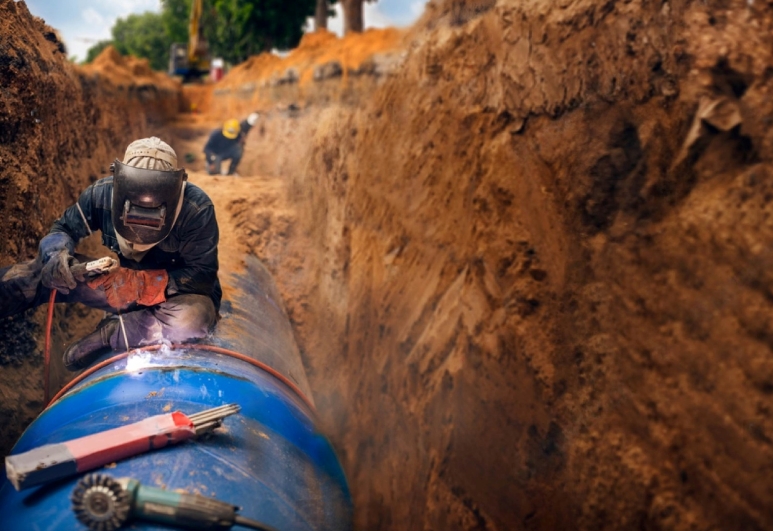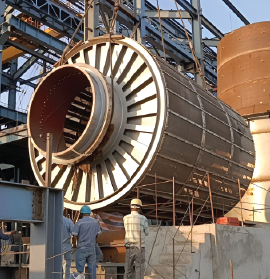Pipe Line Projects

What are Pipeline Projects?
Pipeline projects involve the planning, construction, and maintenance of pipeline systems used to transport liquids and gases over long distances. These systems are critical for industries such as oil and gas, water supply, and wastewater management, providing a safe and efficient means of transportation.
Why Choose Pipeline Projects?
Choosing pipeline projects ensures reliable and efficient transportation of essential resources. Pipelines are designed to withstand harsh environmental conditions and offer a cost-effective solution for large-scale transport needs. With proper planning and execution, pipeline projects can significantly reduce operational costs and environmental impact.
Why Choose Ibab Construction?
Certified Expert & Team
Decades of expertise in top-notch craftsmanship.
Fast Reliable Services
Quick and dependable solutions delivered on time.

Benefits of Pipeline Projects
- Efficient Resource Transport
- Cost-Effective Solutions
- High Durability
- Environmental Safety
What are the main stages of a pipeline project?
Pipeline projects typically include stages such as feasibility studies, design and engineering, procurement of materials, construction, and commissioning. Each stage involves careful planning and execution to ensure the safety and efficiency of the pipeline system.
How do pipeline projects ensure environmental safety?
Pipeline projects implement various safety measures, including rigorous monitoring systems, advanced leak detection technologies, and regular maintenance checks. These measures help prevent spills and minimize environmental impact, ensuring the safe transportation of resources.
Can pipelines be used for different types of resources?
Yes, pipelines are versatile and can be used to transport various resources, including crude oil, natural gas, water, and wastewater. The design and materials used in the pipeline are tailored to suit the specific properties of the resource being transported.
What are the cost benefits of pipeline projects?
Pipelines offer significant cost benefits by reducing transportation costs compared to other methods, such as trucking or rail. The efficiency and reliability of pipelines also result in lower operational and maintenance costs, providing long-term economic advantages.



